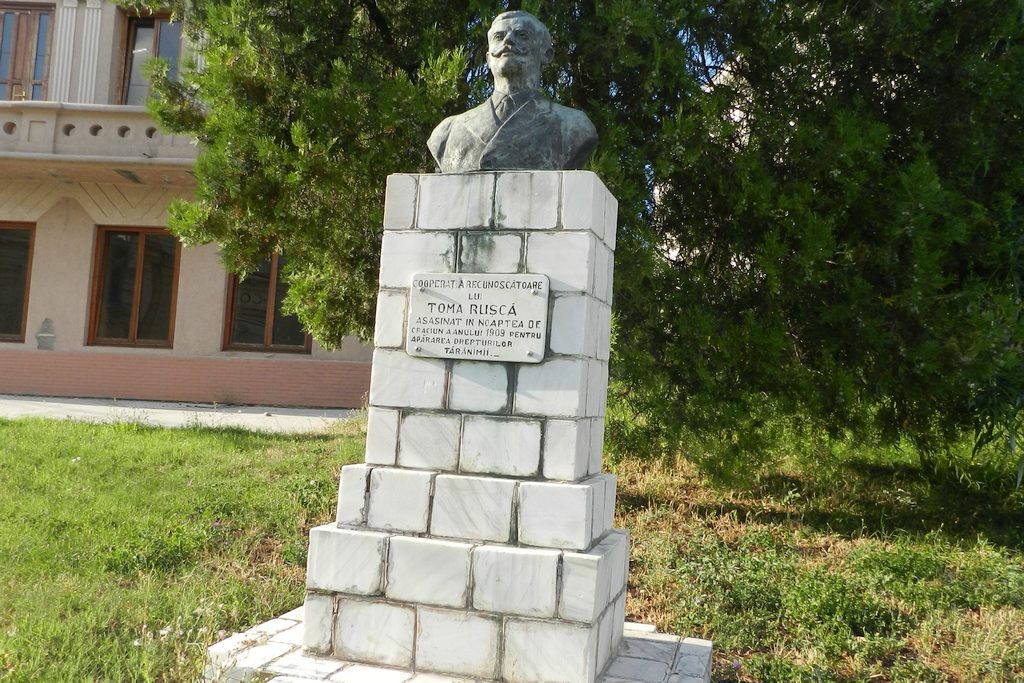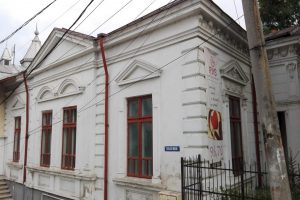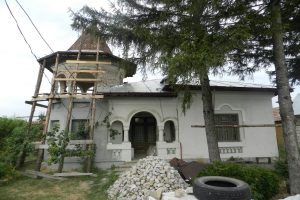

The cooperative ideas entered in Romania, via the West in the first half of the nineteenth century.
In 1845, Costache Bălcescu, economist and politician, elder brother of Nicolae Bălcescu, published the brochure “ Project for a house keeping and borrowing”, the first known attempt to establish in our country a savings and credit. The first credit unions emerged in the second half of the nineteenth century, adopting the German Raiffeisen and Schulze systems – Delizsch. The cooperative movement began in cities as savings banks associations of private of cooperative credit. Among the first credit unions appeared alongside urban areas are those created in villages under de name of rural credit cooperatives or rural banks. In rural areas, modern cooperative idea was introduced by Ion Ionescu de la Brad (1818 – 1891), economist, statistician, agronomist and politician. In 1851 is founded the first popular bank in Transylvania, in the land of Bistrita.
„The fellowship” was borne in Brăila on 27th Octomber 1855, and in Bucharest, on 24th August 1854, was founded „Home of aid and prevention of typoraphers workers”. In Bucharest, on 1st October 1870 P.S. Aurelian with the support of 20 teachers, founded the Society of the economy and credit “Economy”.
From the promoters of the cooperative movement stands out, in particular, Spiru Haret, scholar, sociologist, educator, mathematician and politician, considered the founder of the popular cooperative banks with Ion Ghica, for the beginning period.
During 1891-1902, the emergence of numerous credit cooperatives, called “popular village banks’ marks the assertion of cooperative movement in Romania. But not all Romanians were agreed to stimulating cooperation. One of the promoters who paid with his life was the teacher Toma Ruşcă from Vădăstriţa, Olt, then county Romanaţi.
Toma Ruşcă was stabbed to death on Christmas night of 1909, when he returned home from the headquarters of the popular bank “Brotherhood”, which he had founded in 1904.


